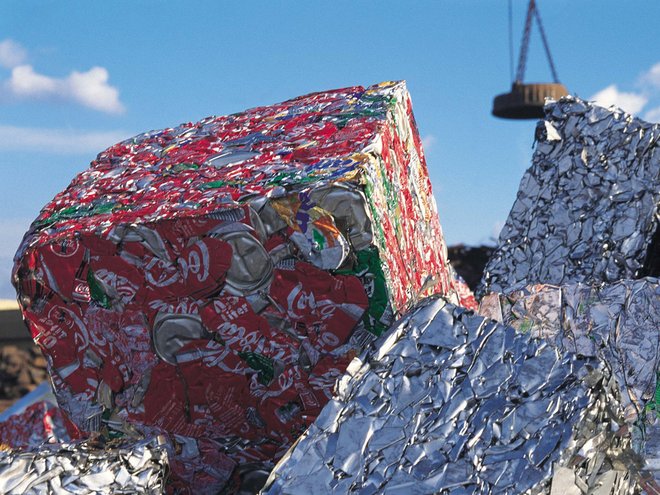
Alexis Van Maercke, secretary-general of APEAL, said: “The four key areas of action will include a focus on optimising separate waste collection, establishing a scrap quality standard, the collection and sorting of steel closures, and designing for recyclability.
“As APEAL’s recycling report published in 2018 illustrates, separate collection is the best way of guaranteeing high-quality input into recycling operations. It was therefore encouraging to see this highlighted in the Circular Economy Action Plan (CEAP) 2.0 report adopted by the European Parliament last 9th February.
“Establishing a scrap quality standard is equally important. Crucially, to maintain quality in the steel for packaging scrap value chain, quality control must start when the material is at the sorting facility. This can only be achieved by establishing a quality standard for packaging steel scrap.”
Whilst an average of 82.5% of all steel packaging is currently recycled across Europe, collection and sorting rates for steel closures in Europe are estimated to be below-average, with steel closures regularly put in the wrong waste bin (and often in the residual waste bin) by consumers.
Mr. Van Maercke continued: “Improving the recycling rate of steel closures will make a significant contribution in the drive towards zero steel packaging to landfill. But there is currently a lack of clear sorting instructions and low awareness among citizens. At the same time, ineffective sorting techniques in a number of facilities result in collected steel closures being lost and not recycled.”
APEAL also believes designing for recyclability will underpin the successful implementation of all these measures, helping to ensure that every product placed on the market, can be recycled as efficiently as possible.
“Ultimately, steel packaging is a valuable resource which cannot be wasted if we are to achieve the objectives of the European Green Deal. APEAL will continue to work with its colleagues, the European Commission, European Parliament, Member States, and all stakeholders to realise a shared ambition of a truly circular economy.”
A new APEAL report designed to help stakeholders throughout the value chain work collaboratively to achieve the 2025 Vision, is set to be published in December 2021.
At the same time, APEAL will reveal a new recycling rate objective in line with the new EU calculation methodology. Applicable for data from 2020, this methodology moves the calculation point for all member states and all packaging materials, to the entrance of the recycling operation. This means that no impurities can be included and only materials that are really recycled can be included in the measurement process.
Mr Van Maercke added: “Indeed, APEAL will release the 2019 steel recycling rate in May this year. But towards the end of the year, we aim to be the first material to release our figures with the new methodology.”







